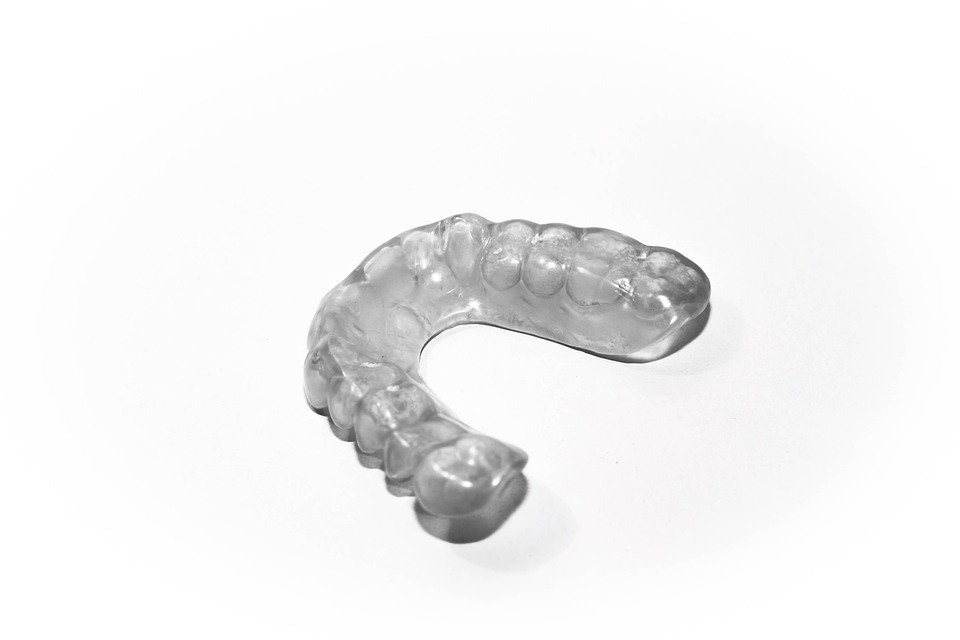Does empathy play a role in pain management?
Okay, so I’m a registered nurse, and I’ve been working in pain management for a few years now. I’ve always felt like connecting with patients, really listening to them, and trying to understand what they’re going through makes a difference. But recently, I was talking with a colleague who seemed to think that empathy was… almost detrimental? Like, she thought getting too involved with patients made it harder to be objective and provide the best care, especially when dealing with chronic pain where there’s often a psychological component.
I’m starting to second-guess myself. Is there actual research on this? Does empathy really matter in pain management, or is it just a nice-to-have thing that doesn’t actually impact outcomes? What are the benefits, and are there potential drawbacks to being too empathetic? I’m particularly interested in studies that look at objective measures of pain reduction, like reported pain scores or medication use, rather than just patient satisfaction. Are there specific techniques we can use to cultivate empathy effectively without burning ourselves out or losing our objectivity? What about different types of pain – does empathy play a different role in managing acute pain versus chronic pain, or neuropathic pain versus nociceptive pain?
Answer
Yes, empathy plays a significant role in pain management, influencing both the patient’s experience of pain and the effectiveness of treatment. It impacts various aspects, from the patient-provider relationship to the physiological and psychological mechanisms involved in pain perception and coping.
Impact on the Patient-Provider Relationship:
- Building Trust and Rapport: Empathy, when demonstrated by healthcare providers, fosters trust and rapport with patients. Patients who feel understood and cared for are more likely to adhere to treatment plans, communicate openly about their pain, and believe in the efficacy of the interventions. This strong therapeutic alliance is crucial for successful pain management.
- Improved Communication: Empathic providers are better equipped to elicit detailed information about the patient’s pain experience, including its intensity, quality, location, aggravating and relieving factors, and impact on daily life. They listen attentively, ask clarifying questions, and validate the patient’s suffering. This thorough understanding allows for more accurate diagnosis and personalized treatment planning.
- Increased Patient Satisfaction: Patients who perceive their providers as empathetic report higher levels of satisfaction with their care. This satisfaction contributes to a more positive overall experience, reducing anxiety and fear associated with pain and treatment.
- Reduced Provider Burnout: Paradoxically, while demanding, empathy can protect providers from burnout. Connecting with patients on an emotional level can imbue their work with greater meaning and purpose, increasing job satisfaction. However, it is crucial for healthcare professionals to practice self-care and establish boundaries to avoid compassion fatigue.
Influence on Pain Perception and Physiology:
- Modulation of Pain Pathways: Research suggests that empathy can influence the neurobiological processes involved in pain perception. When a patient feels understood and supported, their stress response may be reduced, leading to decreased activation of the sympathetic nervous system and a corresponding reduction in pain signals. Conversely, a lack of empathy or perceived invalidation of pain can amplify pain sensations.
- Endogenous Analgesia: Empathy may activate endogenous analgesic systems, such as the release of endorphins, the body’s natural painkillers. Positive social interactions, including those characterized by empathy, have been shown to trigger the release of these pain-relieving substances.
- Placebo Effect: Empathy can enhance the placebo effect, which refers to the positive outcomes that result from a patient’s belief in a treatment, even if it is inert. A provider’s genuine empathy and optimism can increase the patient’s expectation of relief, leading to measurable improvements in pain and function.
- Reduced Anxiety and Depression: Chronic pain is often associated with anxiety and depression, which can exacerbate pain perception. Empathy can help alleviate these psychological burdens by providing emotional support, validating the patient’s experience, and fostering hope. This, in turn, can lead to decreased pain intensity and improved coping strategies.
Specific Applications in Pain Management:
- Assessment and Diagnosis: Empathic communication during pain assessment helps elicit accurate and complete information about the patient’s pain experience, guiding the diagnostic process.
- Treatment Planning: Empathetic providers collaborate with patients to develop personalized treatment plans that align with their goals and values. This patient-centered approach increases adherence and improves outcomes.
- Pain Education: Empathy is crucial in delivering effective pain education. By understanding the patient’s perspective, providers can tailor information to their specific needs and concerns, promoting a deeper understanding of their condition and empowering them to self-manage their pain.
- Therapeutic Interventions: Empathy is an integral component of various therapeutic interventions for pain, including cognitive-behavioral therapy (CBT), acceptance and commitment therapy (ACT), and mindfulness-based interventions. These therapies emphasize the importance of self-compassion and acceptance, which are closely related to empathy.
Challenges and Considerations:
- Defining and Measuring Empathy: Empathy is a complex construct with cognitive and affective components, making it challenging to define and measure objectively. Researchers use various methods, including self-report questionnaires, observational scales, and neuroimaging techniques, to assess empathy in healthcare settings.
- Empathy Training: While empathy is often considered an innate quality, it can be cultivated through training and education. Healthcare professionals can benefit from programs that enhance their communication skills, perspective-taking abilities, and emotional awareness.
- Emotional Labor: Providing empathic care can be emotionally demanding for healthcare professionals, requiring them to regulate their own emotions while attending to the needs of their patients. It is essential for providers to develop strategies for managing emotional labor and preventing burnout.
- Cultural Sensitivity: Empathy must be expressed in a culturally sensitive manner, taking into account the patient’s cultural background, beliefs, and values. What constitutes empathetic behavior may vary across cultures, and providers must be aware of these differences to avoid miscommunication and build trust.
In summary, empathy is a crucial element in effective pain management. It enhances the patient-provider relationship, influences pain perception and physiology, and supports the implementation of various treatment strategies. While there are challenges associated with defining and measuring empathy, its importance in improving patient outcomes and promoting well-being is undeniable.





